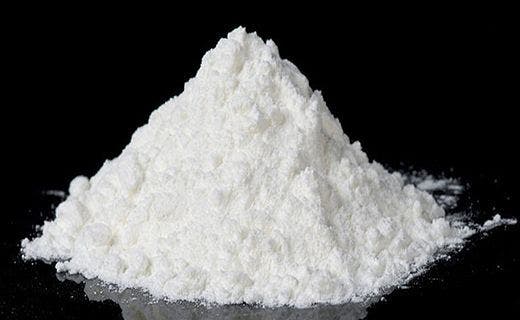To cover the fundamentals of materials science, first, let’s establish, “what is materials science?”. The University of Oxford describes the term as an interdisciplinary subject, spanning the physics and chemistry of matter, engineering applications and industrial manufacturing processes. The field also covers the design and discovery of new materials, as well as forensic engineering and failure analysis.
If you think about it, everything is made from something. With this in mind, we look to the materials scientist to investigate and understand the materials that surround us. Part of the job involves learning how materials perform and why they will sometimes fail, or not behave in the way we expect them to.
Classes of Materials in Materials Science
Within the realm of materials science, solid materials have been grouped into separate classifications. The four main categories materials are generally grouped into are:
- Metals
- Composites
- Polymers
- Ceramics
Further classifications include the advanced materials that are used for high-tech applications, such as:
- Biomaterials
- Semiconductors
- Nanomaterials
- Smart materials
Within all of these classifications, you will also find there to be sub-classifications, for example, metals can be split between ferrous and non-ferrous metals.
Materials Science and Engineering
Materials scientists and engineers drive a broad range of disciplines and industrial sectors, including aerospace, healthcare, energy and environmental sustainability. Across the next century, mankind will look to new materials to provide solutions to the problems we will face. These solutions will likely conquer the likes of quantum computers or net-zero energy.
Materials science and engineering, or MSE, combines physics, chemistry and engineering to future proof our world and keep advancing. Disciplines associated with this field also include biotechnology, nanotechnology, IT, manufacturing, energy, and construction.
Many sub-sectors within the engineering field rely on materials science for the development of advanced materials. Without them, areas of design and manufacturing would cease to advance/exist. These are applications such as safer and more efficient cars, smaller electronics, renewable energy, better medical devices and better computers.
Materials scientists and engineers not only work with diverse types of materials, but they also use diverse modern processing and discovery principles, such as:
- Additive manufacturing
- Artificial intelligence
- Casting
- Computer-Aided Design (CAD)
- Coating
- Plasma and radiation processing
For more information about materials science, or how Goodfellow can help you with your engineering project, please contact our technical team today. Or view our wide range of materials and products here.









